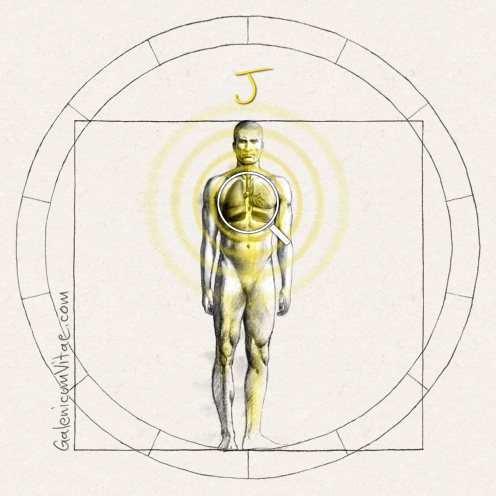Pneumonia. Lung inflammation caused by an infection that affects part or all of the lung.
Risk factors. Pneumococcal pneumonia is more frequent and severe in people with chronic heart and lung disease, kidney failure, diabetes and diseases that cause immunodeficiency (AIDS).
Causes. A variety of germs as bacteria, virus, etc. entering the lungs through the air we breathe. Pneumococcus is one of the most common bacterium that causes pneumonia; it can cause inflammation and excessive secretions.
Treatment. Antibiotics are often prescribed. Once treatment begins, most of the symptoms will improve in a few days, although the cough may last several weeks. Be sure to carefully follow your doctor's instructions and take all of the prescribed antibiotics.

 Digestive
Digestive  Blood
Blood Cardiovascular
Cardiovascular Dermatology
Dermatology Genitourinary,
Genitourinary, Hormones
Hormones Infections
Infections Oncology and
Oncology and Musculo-skeletal
Musculo-skeletal Mental health and
Mental health and Parasites
Parasites Respiratory
Respiratory Senses
Senses Various
Various




